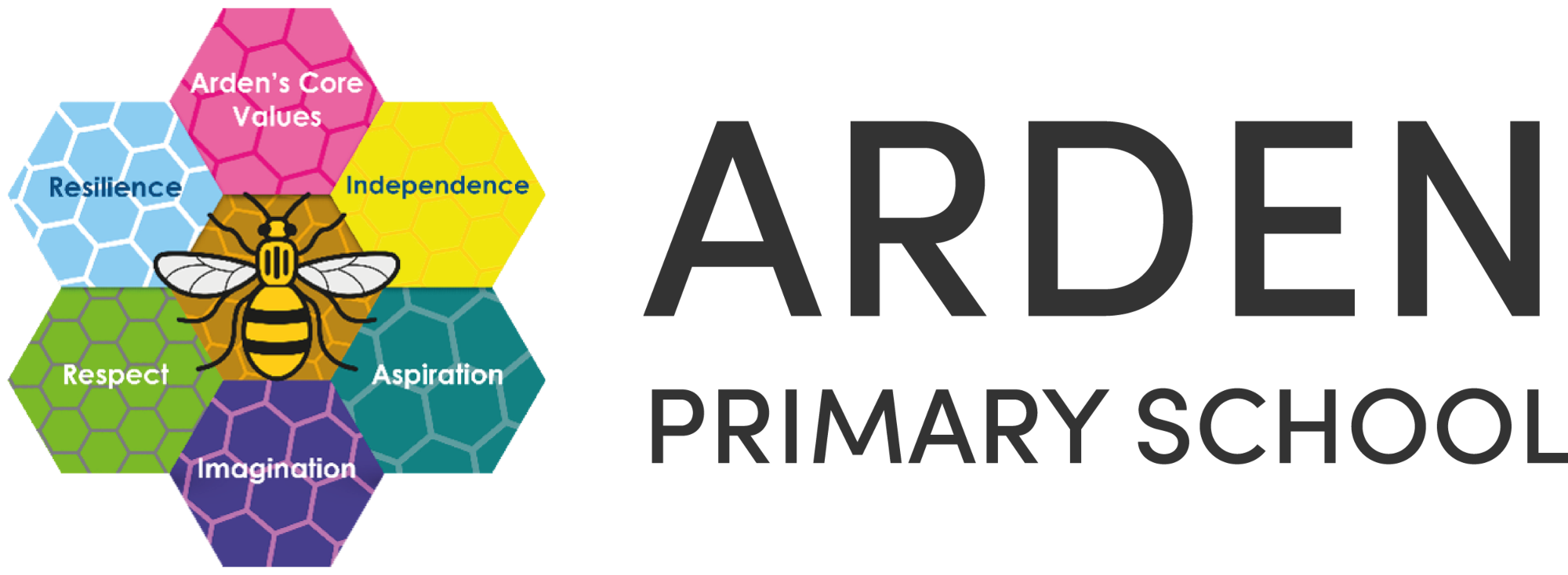Religion, Values and Beliefs
Subject Lead: Mrs Fitzpatrick
‘Living in and growing up in the world of the twenty-first century will challenge all young people. It will raise questions of spirituality and identity as well as questions of morality in areas such as poverty, discrimination and the use of limited resources as well as raising ethical questions about human reproduction, racial and religious prejudice. RE in our schools contributes dynamically to children and young people’s learning in school, provoking challenging questions about human life, beliefs, communities and ideas…They think rigorously, creatively, imaginatively and respectfully about their ideas in relation to religions and world views.’ - Stockport Agreed Syllabus for Religious Education 2022-2027.
In Religion, Values and Beliefs, the children explore, consider and respect a range of religions, world views and ideas. The children will understand the importance that RVB plays in many people’s lives and how faith is expressed in daily lives and routines. The knowledge and understanding of how religious beliefs shape life and behaviour will empower the children to form personal opinions and values. They develop the ability to make reasoned and informed judgements about religious and moral issues and learn to develop and express their insights with compassion. The children will be prepared to find their place in a diverse and ever changing world.
